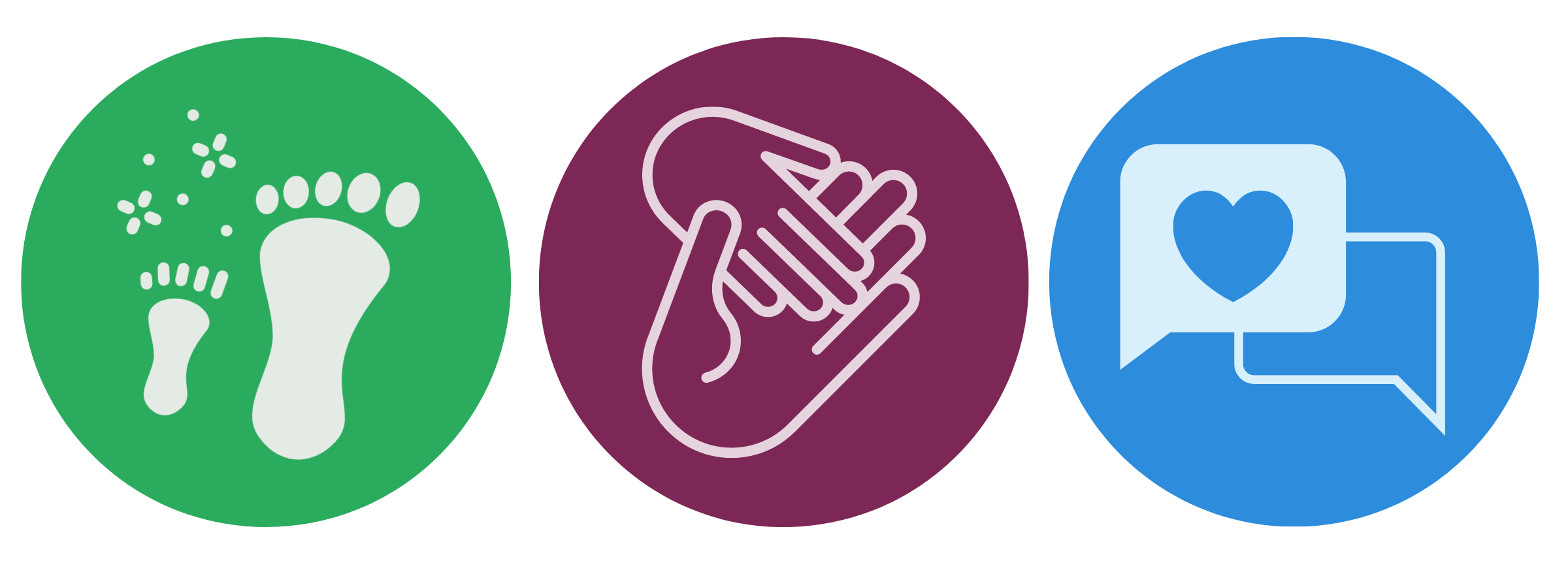Alcohol abuse
- 5-11 Years
- 11-19 Years
- SEND
- Staying safe and accident prevention

Some children and young people will drink alcohol. It’s important that you talk to your child about the risks and effects of drinking alcohol.
Explore the topics on this page:
The effects of drinking alcohol
The laws around alcohol
The Chief Medical Officer advises that children should not drink alcohol until they are at least 15.
- It is illegal for children under 18 to buy alcohol.
- It is illegal for anyone to buy alcohol for children under 18. But it is legal for an adult to buy a child aged 16 or 17 a drink to have with a meal at a table.
- It is illegal to give alcohol to children under 5.
The effects of drinking alcohol
Despite advice stating children should not drink before the age of 18, some children will consume alcohol. Let your child know the risks around drinking alcohol. These include:
- damage to their organs and bones and effecting hormones
- an increased risk of alcohol-related injuries and making you feel lower in mood
- an increase in anti-social or risky behaviour and sexual activity

Teaching your child about alcohol abuse
Act as a role model
Your child learns a lot from how you act and behave. It’s important to think about the way alcohol fits into your life, especially if you have it at home. Reflect on your drinking habits and ensure you drink within safe limits.
You may have had negative experiences with alcohol. Either through your own drinking or witnessing someone else’s. This may make it harder for you to talk about alcohol with your child. But, try to open up to your child. Talking about your own experiences can help your child understand.
If you feel you need help or support with your own drinking, there are alcohol support services available.
Take time to talk
Let your child know they can always talk to you about alcohol. Try to make conversations relaxed and informal.
Talk to them about some of the risks of drinking alcohol. Let them know the laws around alcohol and how it can affect them.
Give them space to talk and ask questions. This will help you find out how much they know already.
It’s better to start these conversations early. Talk about alcohol briefly over time, rather than having one big conversation with your child. This will help them feel more comfortable in coming to you for advice.
Set some boundaries
If your teenager is going out with friends, it’s a good idea to put some rules and boundaries in place, such as:
- setting a time they need to be home by
- discussing how they will be getting home
- keeping in contact with each other
- who to phone in the event of an emergency
Listen to your child’s thoughts and suggestions. Reward them for sticking to the boundaries.
Need more specific support for your child?
If your child needs more help or has additional needs, you can visit our specific section for extra support.
Last reviewed: 1 November, 2023
